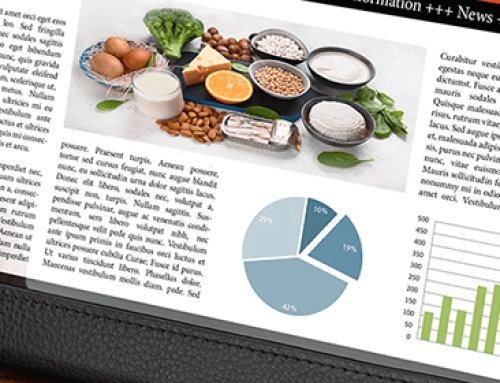Listeria monocytogenes is a relatively ubiquitous species of bacteria that can contaminate food at any level of the production to consumption chain. One distinctive characteristic of this microorganism is its ability to reproduce itself even at refrigeration temperatures, which does instead inhibit the proliferation of other bacteria.
Listeria can cause the disease called listeriosis, which generally presents with flu-like symptoms or febrile gastroenteritis. In subjects with a competent immune system, the health-related consequences are not normally severe and the disease can be asymptomatic. However, some population groups are at higher risk, including progression to hospital admission or death.
Find out which are the risks and how you can protect yourself from listeria in food in this video produced by the Istituto Zooprofilattico Sperimentale delle Venezie (IZSVe), an Italian health authority and research organization in the fields of animal health, food safety and zoonoses.



![How can you protect yourself from listeria in food? [Video]](https://www.izsvenezie.com/wp-content/uploads/2023/05/how-protect-from-listeria-food.jpg)


![Which is better between wild-caught and farmed fish? [Video]](https://www.izsvenezie.com/wp-content/uploads/2024/01/which-better-wild-farmed-fish-video-500x383.jpg)
![What is microbial ecology? [Video]](https://www.izsvenezie.com/wp-content/uploads/2024/01/what-is-microbial-ecology-video-500x383.jpg)